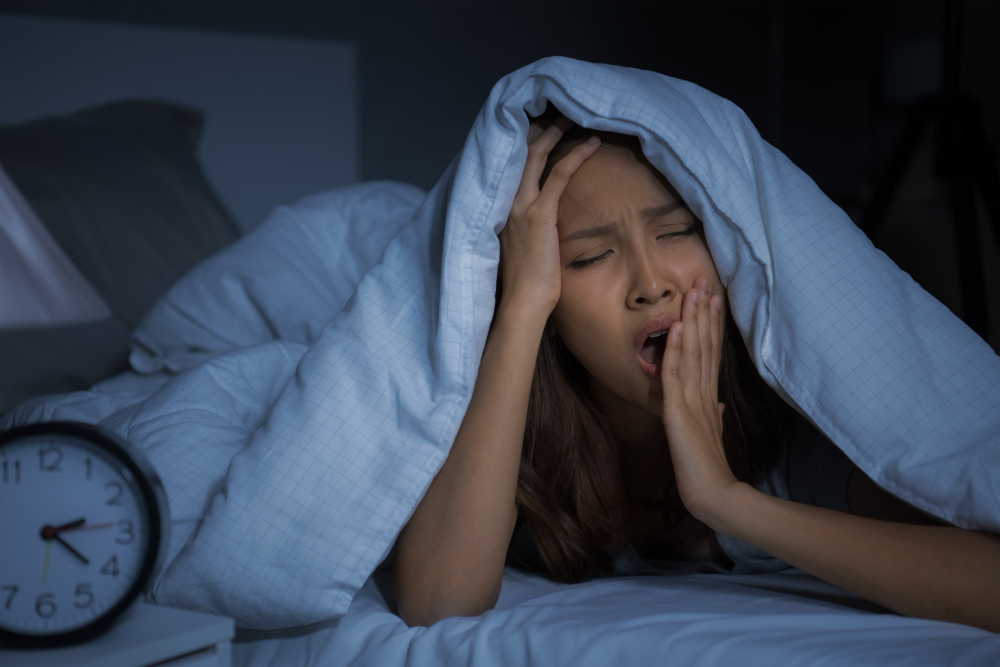What is Kleine-Levin Syndrome?
Kleine-Levin Syndrome (KLS) is a rare neurological condition. It is also called recurrent hypersomnia or sleeping disorder. People with KLS have episodes where they sleep for long periods, sometimes up to 20 hours a day. These episodes can last days or even weeks. Between episodes, people usually feel and act normally. However, the condition can return without warning. Because KLS is so rare, many people and doctors may not recognize it right away. According to the National Institutes of Health, KLS affects about 1 in a million people worldwide.
Symptoms of Kleine-Levin Syndrome
Symptoms of Kleine-Levin Syndrome often appear suddenly. During an episode, a person may experience:
Sometimes, people may also have mood swings or feel depressed. After an episode, most people return to their usual selves. But, episodes can come back weeks or months later.
Causes and Risk Factors
Doctors do not know the exact cause of Kleine-Levin Syndrome. However, research suggests it may be linked to problems in the brain area that controls sleep, appetite, and behavior. Some possible risk factors include:
Even though these factors may play a role, anyone can develop KLS. More research is needed to fully understand why it happens.
How is Kleine-Levin Syndrome Diagnosed?
Diagnosing Kleine-Levin Syndrome can be challenging. Because it is rare, doctors often check for other sleep disorders or mental health problems first. To make a diagnosis, doctors may:
There is no single test for KLS. Instead, doctors look for a pattern of symptoms and rule out other causes. According to the National Organization for Rare Disorders, it can take several years to get a correct diagnosis.
Treatment Options
Currently, there is no cure for Kleine-Levin Syndrome. However, some treatments may help manage symptoms or shorten episodes. Treatment options include:
Because everyone is different, treatment plans should be tailored to each person. Sometimes, rest and support from family are the best options during an episode. According to the Mayo Clinic, most people improve over time, and episodes may become less frequent with age.
Living with Kleine-Levin Syndrome: Lifestyle Tips
Living with KLS can be challenging, but some tips may help:
With understanding and planning, people with KLS can still enjoy a good quality of life.
Prevention and Outlook
At this time, there is no known way to prevent Kleine-Levin Syndrome. However, most people see improvement as they get older. Episodes may become less frequent or stop altogether. While KLS can be disruptive, it does not usually cause long-term health problems. Ongoing research may lead to better treatments in the future.
Conclusion
Kleine-Levin Syndrome (KLS) is a rare sleep disorder characterized by extreme sleepiness and behavior changes. Although there is no cure, many individuals experience improvement over time. If you or someone you know shows signs of KLS, consult Dr. Pravallika Dutta, a neurologist or sleep specialist, for personalized advice and treatment.
Struggling with sleep disturbances or unusual behavior? Schedule a consultation with Dr. Pravallika Dutta today for expert evaluation and guidance on managing Kleine-Levin Syndrome.
